Contact UsCONTACT
Please feel free to contact us if you have any questions or concerns.
Inquiry FormStories
STORIES
SERIES EMBARK
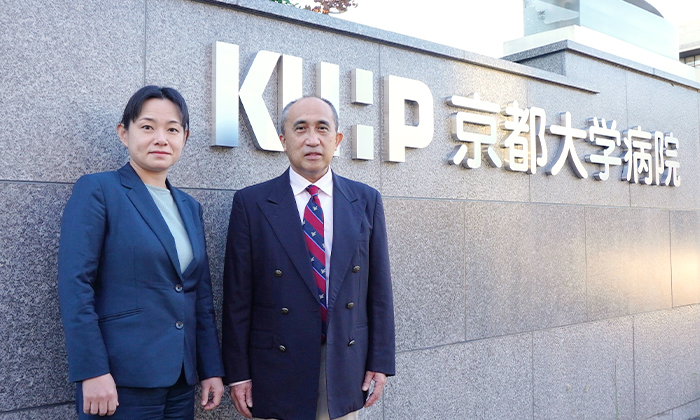
A drug that makes teeth grow. Tregem Biopharma, Inc. is developing such a revolutionary drug. The company hopes to commercialize the drug as a new treatment for congenital edentulism, a condition in which a person is born with missing teeth. One of the causes of congenital edentulism is believed to be the presence of a molecule that inhibits the function of bone-forming proteins. The company aims to establish a treatment method to grow teeth by administering a drug that inhibits the function of this molecule. It has already been confirmed that teeth grow in mice and other animals, and the company is currently conducting safety tests on animals. We interviewed Dr. Honoka Kiso, CEO of the company, who is also a dentist and co-founded the company, and Dr. Katsu Takahashi, co-Founder and CTO, about their achievements to date and their vision for the future with the tooth-growing drug. (Interviewer: Sae Ito)
The turning point in my life was the discovery of a jaw bone disease when I was in the second year of junior high school. I had surgery at Kyoto University Hospital (hereafter referred to as "Kyoto University Hospital") to lose two back teeth, and was hospitalized for about a month with intermaxillary fusion, unable to open my mouth. I admired the oral surgeon who took care of me at that time and became interested in becoming a dental surgeon. after obtaining my dental license in 2006, I did my internship at Kyoto University Hospital as I wished, and in 2008, I entered graduate school and started research on tooth regeneration under Dr. Takahashi. I enjoyed my research so much that I stayed with Dr. Takahashi as a researcher through my marriage, pregnancy, and childbirth, and in 2020, I launched Tregem Biopharma.
After graduating from the Faculty of Dentistry at Tokushima University, I worked in the Department of Oral and Maxillofacial Surgery at Kyoto University Hospital before entering graduate school to study molecular biology under the guidance of Professor Shigetada Nakanishi. At that time, while working as a dentist once a week, I devoted myself to research without taking weekends off. He then went to the United States to study and engaged in research on developmental biology of the maxillofacial region. After returning to Japan, he returned to Kyoto University Hospital and continued his research on tooth regeneration while obtaining government research funding. From 2018, through an incubation program in which Kyoto University supports the commercialization of research results, he was able to narrow down the final candidate compounds and decided to start his own business in May 2020 with the aim of commercializing a tooth-growing drug.
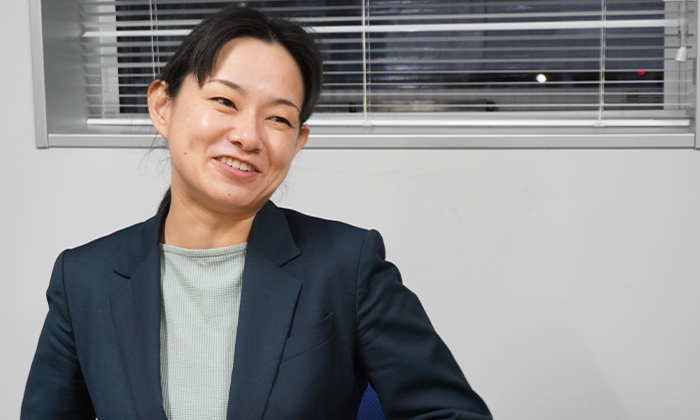
It was only after we confirmed in 2018 that the teething drug regenerated missing teeth in mice that we began to think seriously about starting a business. I wasn't sure whether to continue my research or start my own business, but there was no doubt in my mind that research funding alone would not be enough to continue the development of a therapeutic drug. Therefore, I decided to start my own business with President Kisaya, who had been my "right-hand man" in research for some time.
To be honest, when it came to research on drug discovery, I had assumed that pharmaceutical companies would commercialize the results in the laboratory, but my guess was off. Recently, drugs to regenerate bone lost due to periodontal disease have begun to appear, but until now, there were almost no drugs specifically for dentistry. Pharmaceutical companies often told us, "We don't do dental drugs," and there was no prospect of an offer. We felt that we had no choice but to develop the drug ourselves, so we decided to start our own business.
Having started the company, I strongly feel that we are able to gather not only money but also technical support. In the case of our business, we needed to rally a variety of people, including those who are good at safety testing, those who are good at filing intellectual property applications, those who are good at obtaining antibodies, and so on. In such situations, I think the unique strength of a company is that it can receive technical support as soon as it enters into a contract.
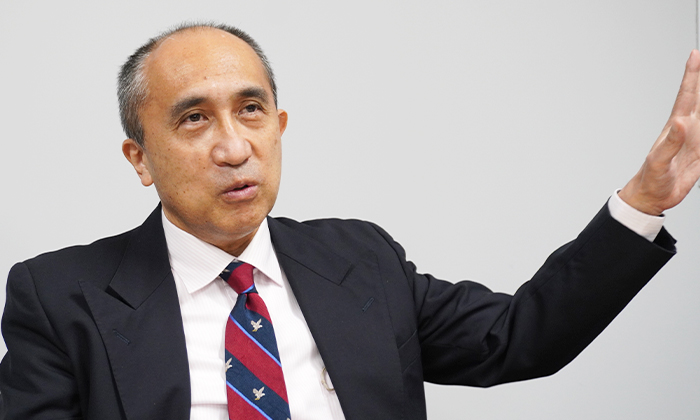
These days, I enjoy switching things up. For example, when I work as a dentist, my mind is all about the teeth of the patients in front of me. I often learn the importance of teeth again from my patients. Dental care itself is ever-evolving, so I also enjoy being able to update my skills while practicing.
In raising my children, I work with my family. Thinking back, I remember my mother being very shocked when she found out about my jawbone disease. I thought, "It wasn't my mother's fault..." But now that I am a mother, I feel I understand even more why my mother felt responsible. Even in clinical practice, many parents are disappointed when they find out that their child is edentulous. I feel my back is lifted as I hope to create a remedy that will be a ray of light for such people.
First, we assume that the disease is indicated for congenital edentulism, a condition in which a person is born without teeth and lacks six or more permanent teeth without permanent tooth growth. The congenital absence of permanent teeth in humans is caused by a molecule called USAG-1, which inhibits the function of the osteogenic proteins BMP and Wnt. Therefore, by administering an ingredient that inhibits the function of USAG-1 into the body, we are trying to help the development of tooth buds (tooth embryos) and grow teeth. In fact, when neutralizing antibodies, a candidate for a teething drug, were administered to animals such as mice, beagle dogs, and ferrets, it was confirmed that teeth grew from areas where teeth were lacking.
Specifically, systemic administration of the drug causes teeth to grow where there is a dental crest. We are currently conducting pre-clinical safety studies, a pre-clinical stage of clinical trials, in mice and monkeys using a neutralizing antibody, a new drug candidate. 2024 is the year we intend to begin clinical trials as a treatment for congenital edentulism.
Generally, dentures (dentures) or implants are placed. However, underage patients use dentures instead of implants because their jaws are still growing. Dentures must be remade as the jaw grows. The treatment is difficult and there are only a few doctors in Japan who can do it. I once treated an adult patient, but it took me 10 years to fix the bone structure of the jaw, perform bone grafting, place implants, correct the bite, and so on. Considering these difficulties, I feel that although congenital edentulism is a rare disease, teething drugs could be a much-needed treatment.
When we started our business and launched our website, we began to receive a great number of comments from patients asking when the clinical trial would start and whether they would like to participate in it. I can feel that many patients are waiting for the teething drug, and I would like to deliver an effective drug as soon as possible.
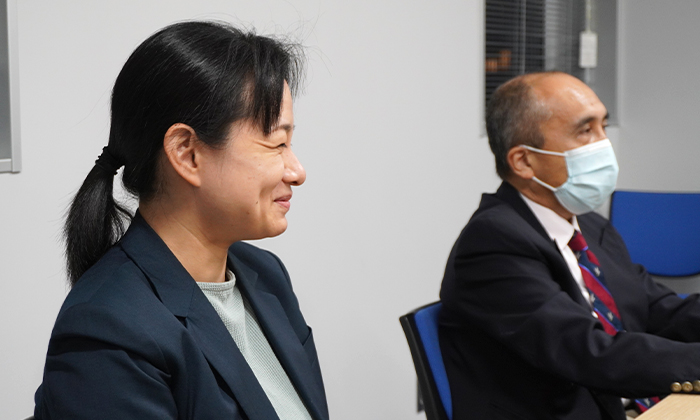
First of all, we hope that, along with dentures and dental implants, teething agents will become an option for the treatment of edentulism. Unlike alternative treatments that use artificial materials, we hope to be able to offer a treatment method that allows patients to grow their own teeth through the use of teething medicine. Eventually, we would like to expand the use of teething medicine beyond edentulism. One of our goals is to enable the growth of a "third tooth," the tooth after the permanent teeth. This will be a countermeasure against oral frailty, a condition in which oral functions deteriorate with aging, and is expected to revolutionize the scope of dental treatment.
We aim to create a society where people are not afraid of losing their teeth through periodontics. Currently, some patients are trying to keep their permanent teeth even though they have advanced periodontal disease and inflammation. If a third tooth can grow with teething medication, we hope to realize a world where people can chew with their own teeth for a long time, even as they grow old. We have already confirmed that a ferret can grow a third tooth, and we would like to study the possibility.
There was a time when I myself hesitated, wondering if I could really do it or if I was the right person for the job. But now I think that if you are going to hesitate, just give it a try. Please have the mindset of "regret after doing it rather than regretting not doing it.
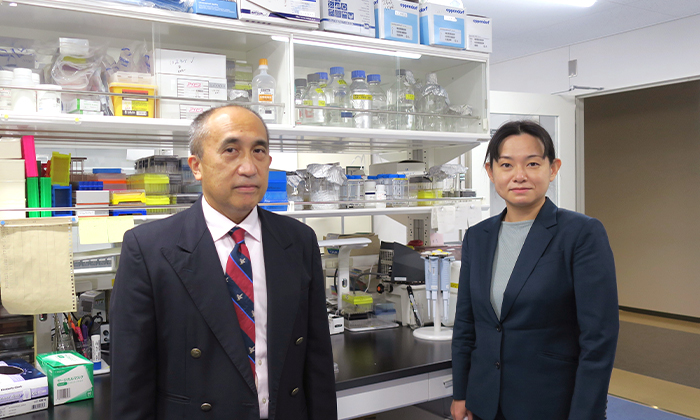
(Interviewed in October 2022. Affiliations, positions, etc. are as of the time of the interview)
As people grow baby teeth, they are replaced by permanent teeth, and as they age and their own teeth become unusable, they are replaced by dentures or implants. In the near future, however, this norm may change with the development of a tooth eruption drug by Tregem.
Kyoto-iCAP will continue to support Tregem's work in the hope that its innovative new drug will contribute to the treatment of patients with congenital edentulism, and furthermore, give people around the world the joy of chewing and eating with their own teeth through the development of a third set of teeth.
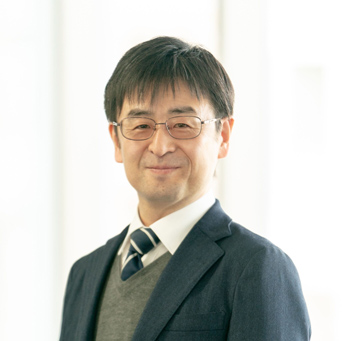
Hiroyuki Ueno
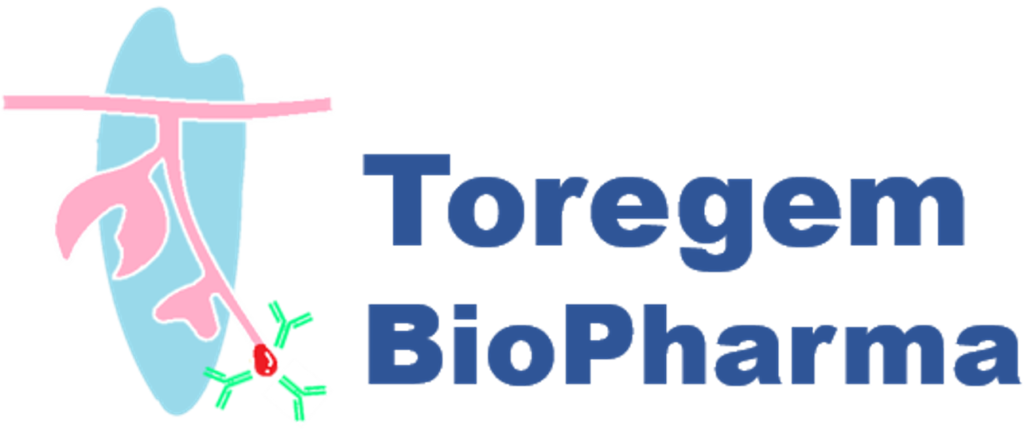
Toregem BioPharma Co., Ltd. website
Please feel free to contact us if you have any questions or concerns.
Inquiry Form